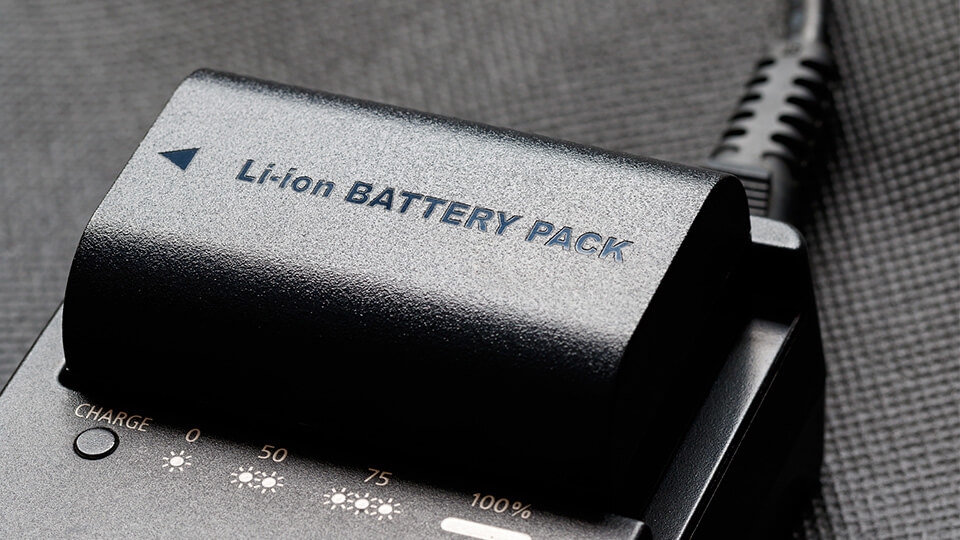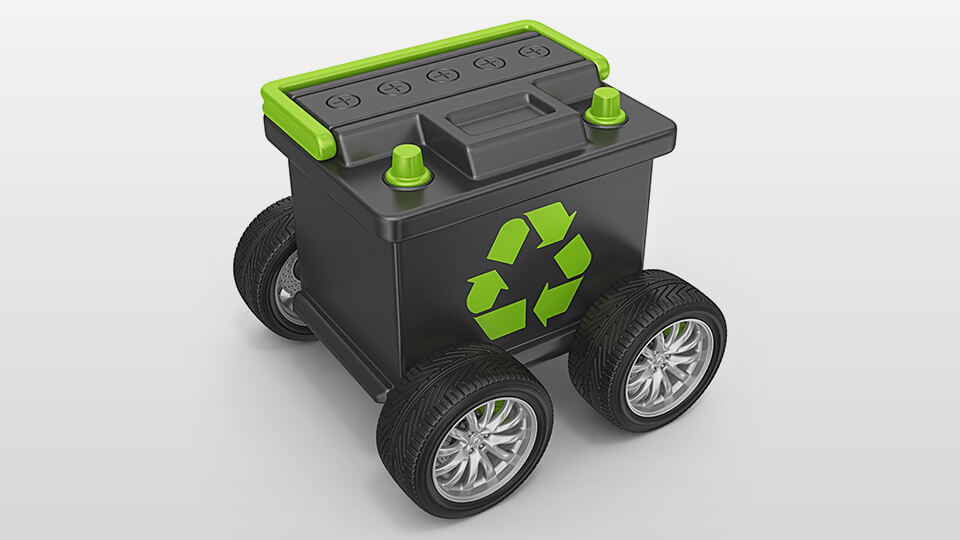The Battery Stewardship Council (BSC) has announced an early review of the current B-cycle battery scheme. Initially set for reauthorisation by the Australian Competition and Consumer Commission (ACCC) in September 2025. Due to economic pressures and mounting frustration from collectors and recyclers, this review is being expedited to before the end of 2024.
A reduction in revenue from the levy on imports, the free riders, along with an inherently underfunded scheme, only cover 60% of the recycler’s costs. This has drastically impacted the viability of the scheme. This has major cost implications for collectors already effected by the increased fuel and labour expenses. Since the scheme was designed in 2019, the CPI has increased by 16.8%. This increased cost has been absorbed by collectors and recyclers. One of the major factors impacting processes has been the reduction in the pricing of recycled materials and the resultant impact on their bottom line.
Ecobatt are part of the Ecocycle group of companies specialising in the safe collection, processing and recycling of battery products. It is the pre-eminent battery recycling company in Australia. A national structure and an integrated distribution network are their key strengths. Together with a business model which utilises proven world class recycling technology.
Ecobatt left burdened with financial responsibility of battery collection network
The current B-cycle Battery Recycling Scheme, while a step towards sustainability, only covers 60% of associated costs. This imposes a significant financial burden on collectors like Ecobatt. Having invested many tens of millions of dollars with minimal recognition, Ecobatt has been instrumental in keeping the programme afloat. Without their substantial contributions and the help and support of their major retail partners such as Aldi, Bunnings, Coles, Woolworths, and others, this crucial recycling initiative would not exist. Leaving Australia without a viable option for battery recycling will lead to tonnes of batteries and precious critical resources ending up in landfill. Further increasing the fires and devastation we see every day.

In a clear demonstration of their unwavering commitment to maintaining an accessible, safe and efficient collection network, Ecobatt has spent significant time, money and resources into the below.
- Manufacturing and rollout of all their Bins, Drums, and Battery Units
- Commissioned trucks
- Hired new drivers
- Undertaken extensive research and development into safe collection technologies
- Invested in software development
- Marketing and public education
The time is now for government action to mandate BSC scheme and increase funding
Ecocycle and Ecobatt are calling for more leadership from the Federal Government. They are hoping the review will consider the investment costs borne by supporters of the BSC scheme. Ecobatt has made significant investments for the latest battery collection units, and are yet to see a return. One of the major problems of the scheme is the non-participation of some importers, due to it not being a regulated mandatory scheme. This means they enjoy a competitive advantage over organisations that take full responsibility for their products.
Furthermore, communication and education challenges must be addressed, along with ensuring a satisfactory return on investment for approved recyclers. The Australian consumer must learn to understand that you should never dispose of batteries in kerbside bins. Doing so is incredibly harmful to our environment and puts workers at risk. When recycling they need to protect used battery terminals. Terminals should be taped, and batteries taken to one of Ecobatt’s 6,000+ battery collection points. In summary, it is hoped that the current re-authorisation process ensures that there is a balanced approach to ensuring the viability and sustainability of this fledgling industry.





